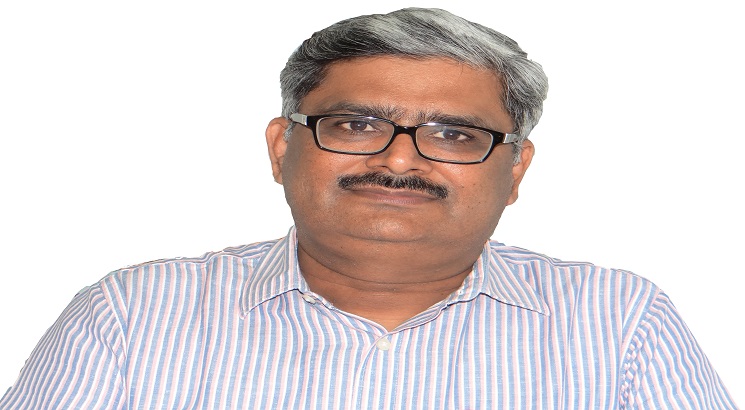"Special focus must be given to updating syllabus as per industry standards and requirements"
Abhay Anand | June 26, 2018 | 06:54 PM IST | 3 mins read

Aman Attree, Corporate HR Head – Hindustan Powerprojects Private Limited in an exclusive conversation with Careers360 shares his views about the recruitment trends in India and what needs to be done to bridge the industry-academia gap...
Q. What are the parameters that are kept in mind while recruiting candidates from an engineering college?
A. At Hindustan Power, recruitment procedure is quite stringent as we scout for the best talent from the academic arena to join us. We look for candidates that have a culture fitment, aptitude to learn and grow, technical expertise and in-depth knowledge about the subject, good behavior and positive outlook towards life. The reason we emphasis on these qualities is that our people reflect our industry, our sector, our products and most importantly, our values, delivering performance with teamwork, integrity, passion and speed. Our culture is dynamic, adapting and challenging. How we work is as important as what we do.
Q. What is the difference in approach while going for on campus and off campus recruitment?
A. All hiring related decisions are based solely on merit and relevant job criteria. Both on-campus, as well as off-campus recruitment, largely depends upon business needs. While the former applies only to employing freshers, the latter is done primarily for lateral/experienced candidates. Another key difference is that in off-campus, more weightage is given to relevant industry experience and skill set. In fact, Hindustan Power continues to attract some of the most experienced leadership talent in the industry, passionate and dedicated towards building truly affordable and sustainable energy solutions. We look for people who are versatile, adaptable, able to multi-task at high levels and well accustomed to developing strategic long-term partnerships.
Q. Many of the reports have highlighted the gap between industry requirements and the caliber of engineering graduates. What is your opinion on this?
A. India’s Energy sector is surging ahead and the demand for skilled professionals will continue to grow in the forthcoming years. Yes, we believe there is a gap between industry and academia and that is largely due to the course curriculum, which has not been revised and updated as per the rapidly changing business environment and industry requirements. Special focus must be given to updating the syllabus as per industry standards and requirements for engineers.
Q. What needs to be done to bridge the disconnect between industry and engineering curricula?
A. As mentioned earlier, the emerging Energy sector in India is looking to employ the best talent being churned out of academic institutions. We believe that the existing gaps can be filled, and solutions can be devised to improve the quality of engineering students graduating in the country. Firstly, attention should be given to designing the curriculum in such a manner that suits industry requirements and the changing needs of the global business environment, as well. Secondly, make it a point to set a specific time frame to review and revise this syllabus, every 5-10 years. Further, besides creating more industry-specific learning centers of excellence, make minimum 3-4 months of on-job industry training mandatory in all such graduate courses.
Q. Do you think the curriculum of engineering students should be made keeping in mind the industry’s requirement?
A. Yes, I do believe that the curriculum needs to meet industry demands. It should be agile enough to adapt to the growing needs of emerging industry, like that of the power domain, which is a vital component of India’s energy mix. There are many ways to work out a series of solutions to bridge the skill gap. For instance, the Government advisory boards/councils, who are responsible for framing policies and designing the course curriculums, should consider taking inputs from representatives of industry associations – members, who can share the exact industry expectations and demands.
Q. Fewer jobs, more engineers? How should this be combated?
A. There is indeed a dearth of engineering jobs across the industrial landscape. To rectify this, we must develop infrastructure and curriculum for creating and promoting entrepreneurs and self-financing businesses. It is also important to encourage and incentivize government-led on-going pan-nation initiatives such as Make in India and Skill India, to open more sectors, which are still highly regulated, and result in minimal private participation.
Follow us for the latest education news on colleges and universities, admission, courses, exams, research, education policies, study abroad and more..
To get in touch, write to us at news@careers360.com.